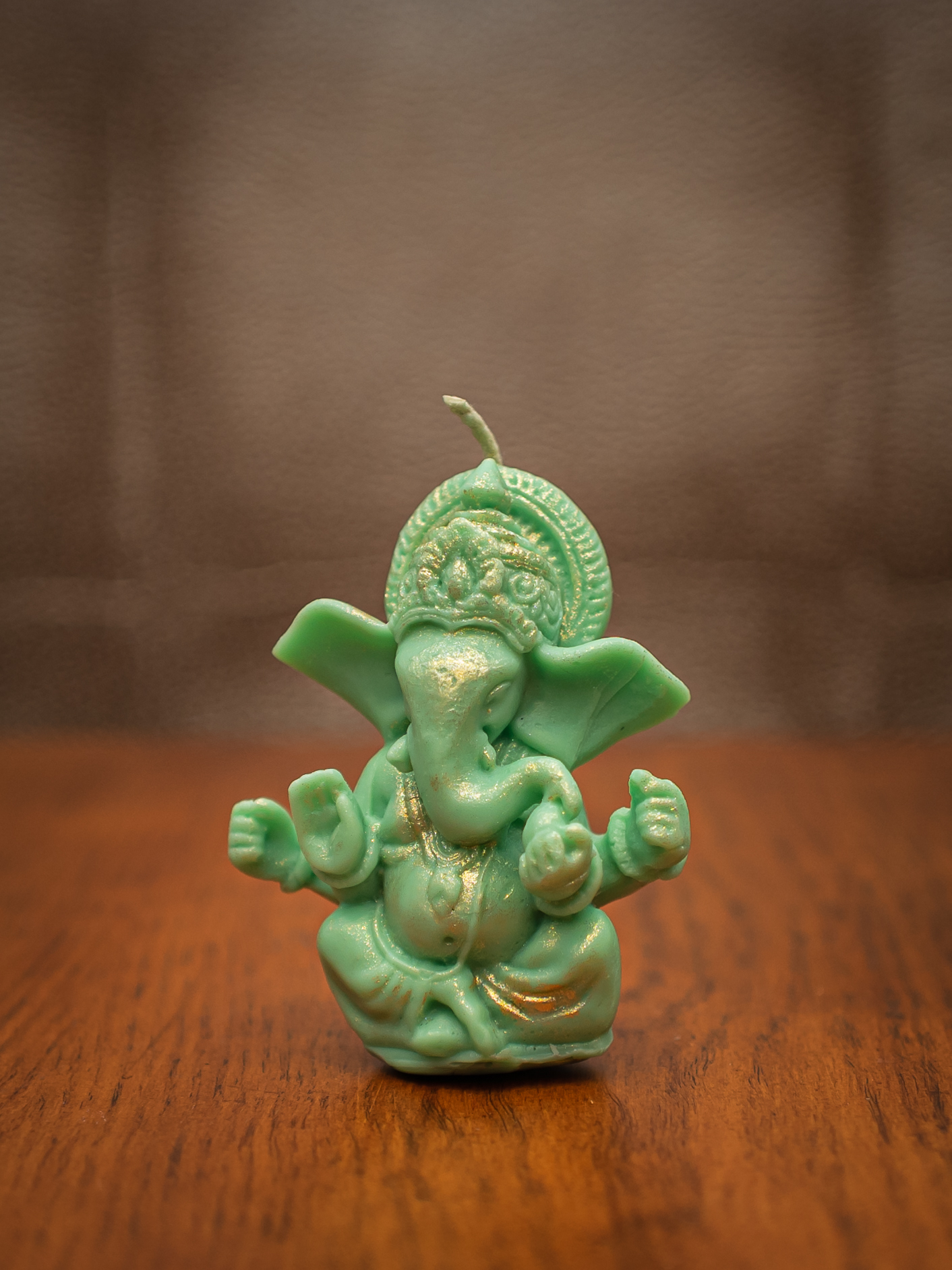Story By: Marla Genova
Stop Limiting Yourself by Your Past Social & Speaking Anxiety Experiences – Move Forward with Self-Confidence
Your body and mind processed that first flood of anxiety as trauma and has been reacting to it ever since. No matter what the cause or severity of it was, all you can do now is recognize why your body and mind react the way they do and move forward to reverse your mindset and physical sensations.
Some people have a gradual onset of social and speaking fear while others have a particularly intense experience of fear and panic that feels very much like a traumatic event. In either case, when somebody is filled with intense fear and panic, and feelings of loss of inner control, the mind processes this as a traumatic experience.
If we continue to live with this fear, we’re bound to feel unfulfilled and unable to follow our dreams. This creates damaging self-limiting beliefs for our future.
We need to be more aware of these negative thoughts which become a self-fulling prophecy leading us into a terrified emotional state.

Catch your destructive thoughts like these:
- What if people see how anxious I am?
- What if I have another episode of panic as I’ve had in the past?
- What if I freeze and forget what I am going to say?
- What if I lose my place in my notes or run out of breath?
Redirect your thoughts to:
- I’ve been hiding this fear for years relatively well. Just because I experience these internal anxiety symptoms with much intensity doesn’t mean they appear to others even as much as a fraction of what I make up in my mind.
- I’ve gotten through other situations of panic before and I can do it again. I am learning tools to change my mindset which will dramatically reduce my conditioned reactions of fear.
- I trust my brain to go on autopilot, meaning I can experience extreme anxiety AND at the same time also speak coherently and make sense.
- I have the right to take my time. A pause may feel like 30 seconds to me while to the audience when it’s only about 5 seconds. Taking a pause and a deep breath comes across as being a more confident speaker and gives the audience more time to process what’s being said.
If we choose to focus our energy into being proactive with these new thought patterns, we will find that our fear loses much of its power.
What if you started to define yourself by your future, instead of limiting yourself by your past?
Beating yourself up over your past may seem like deserved punishment that will somehow push you into action. If you’re defining yourself by your past, you’re going to create more of your past. If you repeatedly look at your false negative thoughts and outcomes, the “evidence” will feel very real and prevent you from taking action.
Although we do need to learn from our past and grow from mistakes we’ve made, we must be conscious of our forward future thinking. Instead of being defined by your past experiences, you can take control of who you want to be.
Your thoughts create your reality. They also create your interpretation of what already exists. From the perspective of seeing opportunity instead of fear, you will create a completely different experience of the world, and you will also create much more positive results for yourself.
One of the best ways to build your confidence is to accumulate and overcome challenges. Many people think they’re confident because of their accomplishments, rather, they are confident because of the obstacles they overcame to achieve their goals.
A growth mindset generates self-confidence: knowing that we can figure things out, knowing that we can grow. A fixed mindset sees failing at something as an expression of a character or talent flaw; e.g., the minute a (perhaps perceived) mistake is made, we are not going to have self-confidence to overcome it and will probably give up.
Let’s combine self-confidence and a growth mindset. It comes from thinking, “Of course there’s going to be mistakes. Of course, I’m going to fail at some point. That’s how I grow.” A growth mindset thrives on challenge and sees failure as an opportunity for growth and for stretching our existing abilities.
People who have self-confidence usually have a future-based mindset. Self-confidence is the ability to know that you can handle any negative emotion and keep going. It’s believing in your ability to do what you are afraid to do.
Self-confidence doesn’t come from simply believing you can speak in front of people. Self-confidence comes from knowing that if you fail (sometimes it’s only your perceived perception of failure) you’re going to be okay. It’s not that big of a deal, you can handle embarrassment, fear, and strong emotions.
That’s where self-confidence comes from. Thinking: “I’m going to go up there and speak in front of people, and I’m self-confident in doing it because no matter what happens, I will have my own back, I will take care of myself. I’ve done something similar before and did it well and I can do it again.” The more you do that, then the easier it becomes to rely on yourself.
Set realistic expectations: No one is perfect. Public speaking is difficult to master; even seasoned speakers make mistakes. For example, instead of telling yourself that you have to deliver your speech flawlessly, think realistic thoughts like, “If I lose my place, I will calmly scan my notes and then continue my speech” or “Small mistakes aren’t going to ruin my speech.”
CBT-based worksheets that challenge your cognitive distortions* are the ideal tool to get started. Get your free worksheets here. I started off using these worksheets myself over 20 years ago. I’ve continued to use them the past 16 years in my social anxiety and fear of public speaking support groups. I’ve seen immediate changes for my group members who were consistently using these thought-tracking worksheets. The more it’s practiced, the more automatic your new way of thinking becomes. I also require my coaching clients to fill out a couple examples before our first session because that’s how effective these worksheets are!
*Cognitive distortions are a collection of negative thought patterns that can often become habitual beliefs. These self-defeating thoughts drive our perspective through common distortions such all-or-nothing thinking (seeing things as good or bad, with no in-between). These are included in the link above.
Do you believe you can quickly learn tools to manage your social & speaking anxiety?
I’m happy to share with you the many free resources I have!
Please connect with me to learn how to start now:
Email: MARLA@SociallySpeakingPlus.com
LinkedIn: https://www.linkedin.com/in/marlagenova/
FB: https://www.facebook.com/SociallySpeakingPlus
Insta: https://www.instagram.com/anxietycoachmarla/
Website: https://www.sociallyspeakingplus.com/free-resources/
Sign up to our newsletter if you want to see more content from The Graceful Boon! By signing up to our newsletter, you'll get an even more in-depth content from yours truly, Stacie Kiselman, who's our Graceful Boon, that you won't want to miss out on.


















I think that it takes a while to determine just how distorted our thinking has really become from using illicit drugs and not paying attention to the way we feel, and suppressing our emotions. Our disconnect from self for decades has caused a disconnect from reality. We process things differently than normally developed people do, so when we do experience a cognitive distortion, we need to accept the fact that we can’t always trust our conclusions.